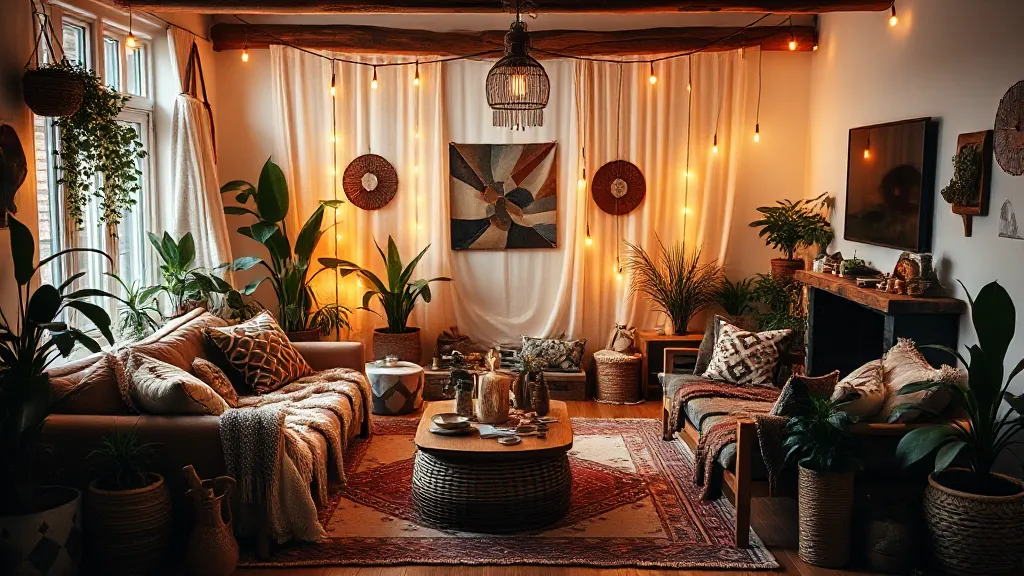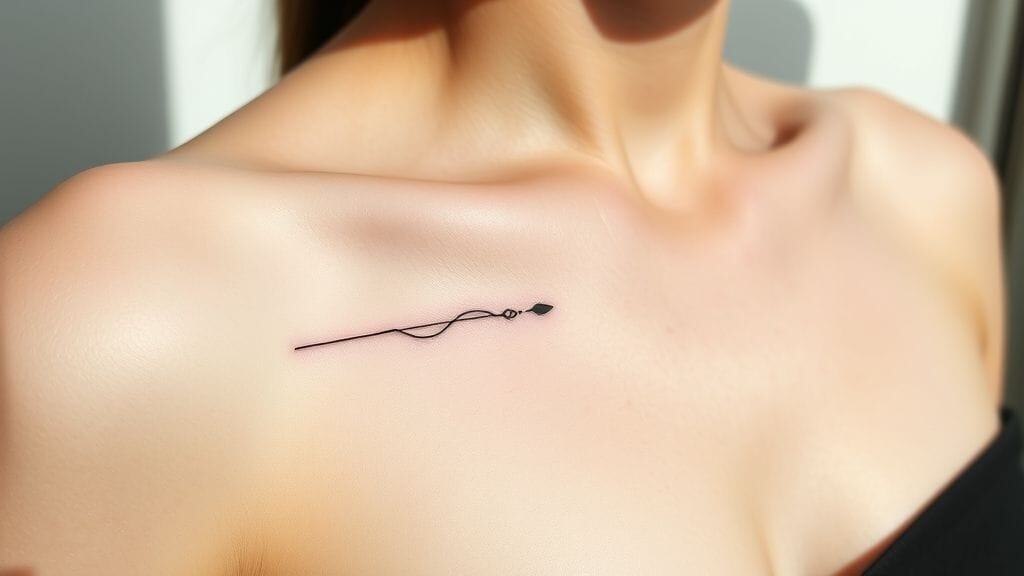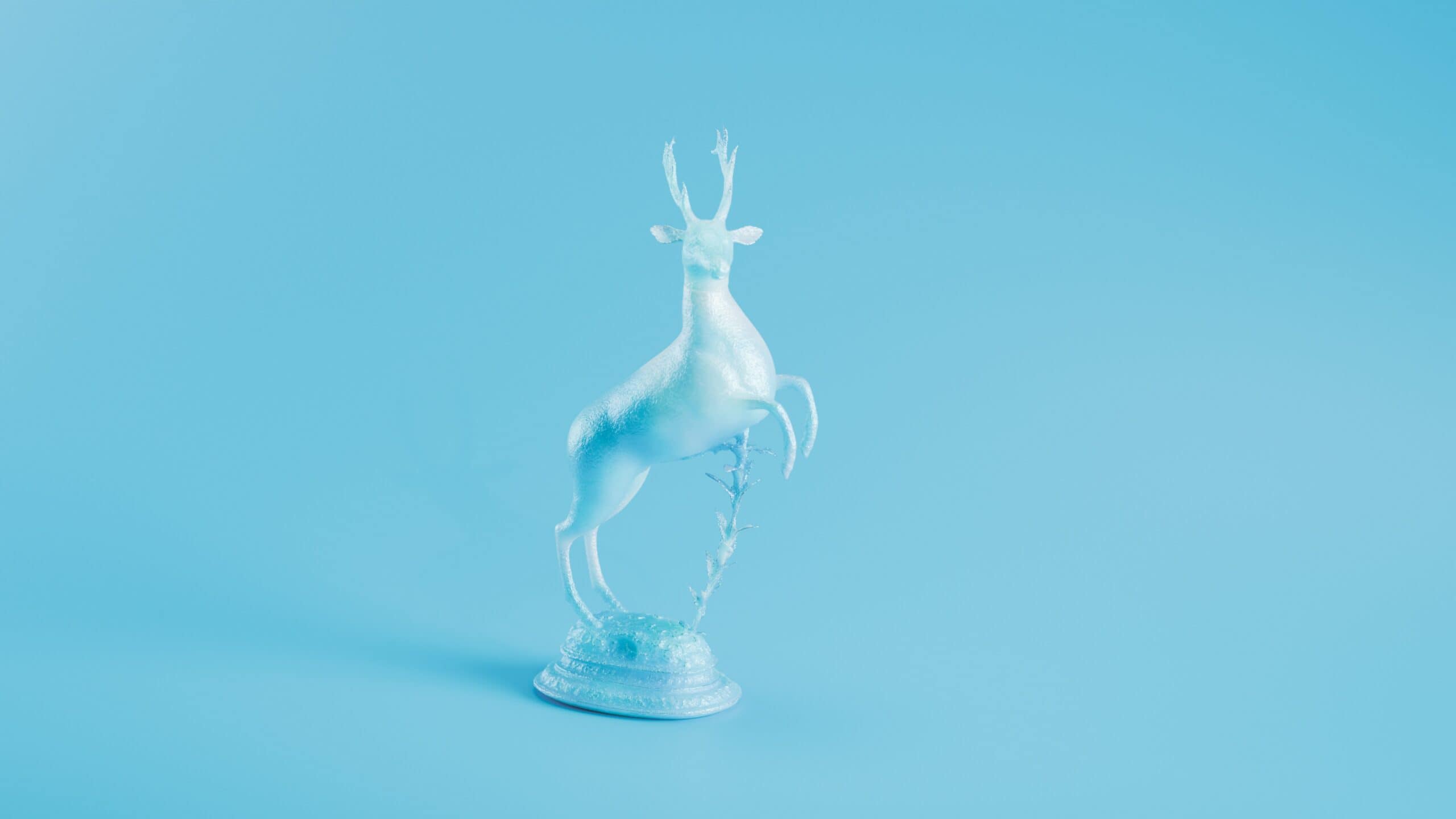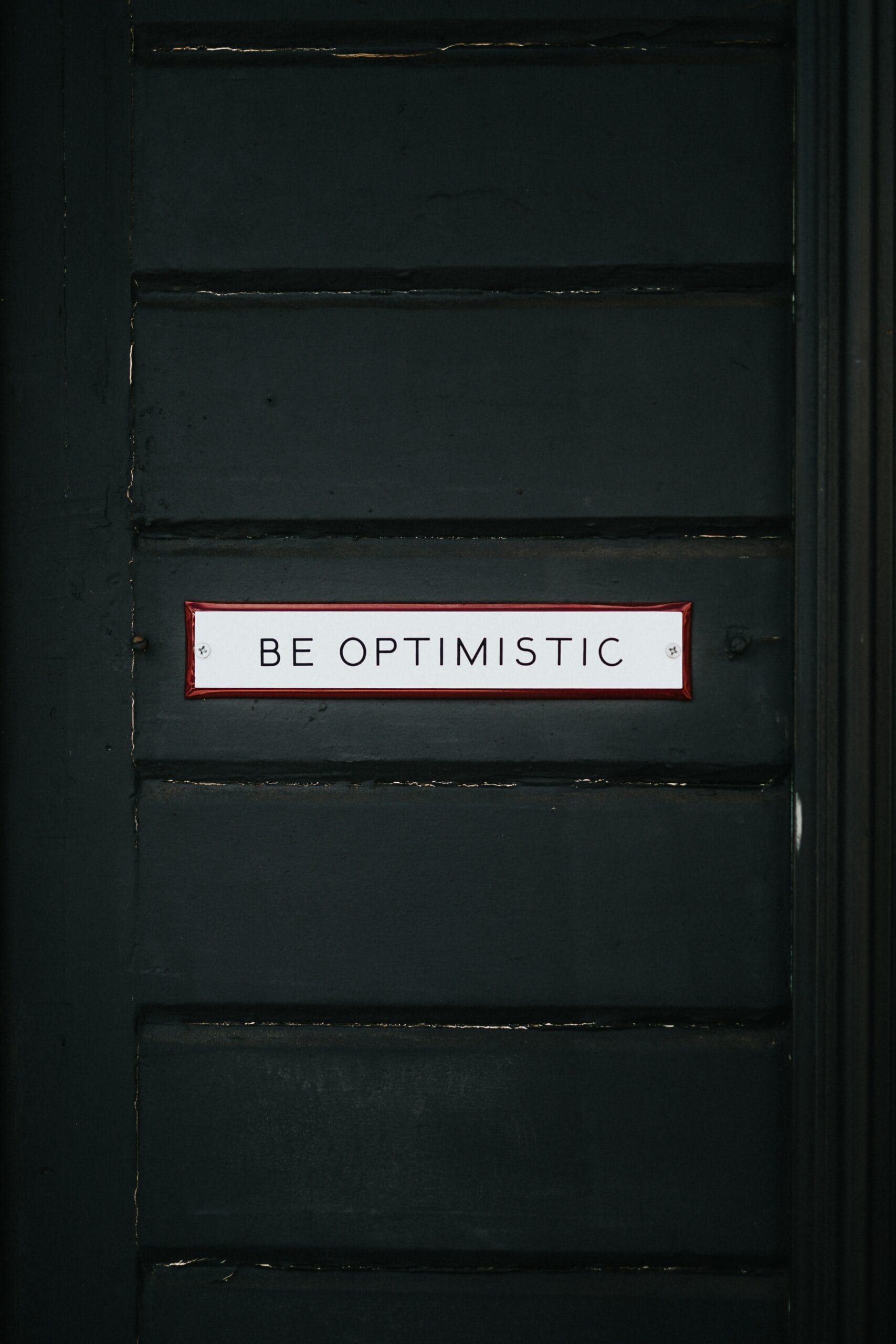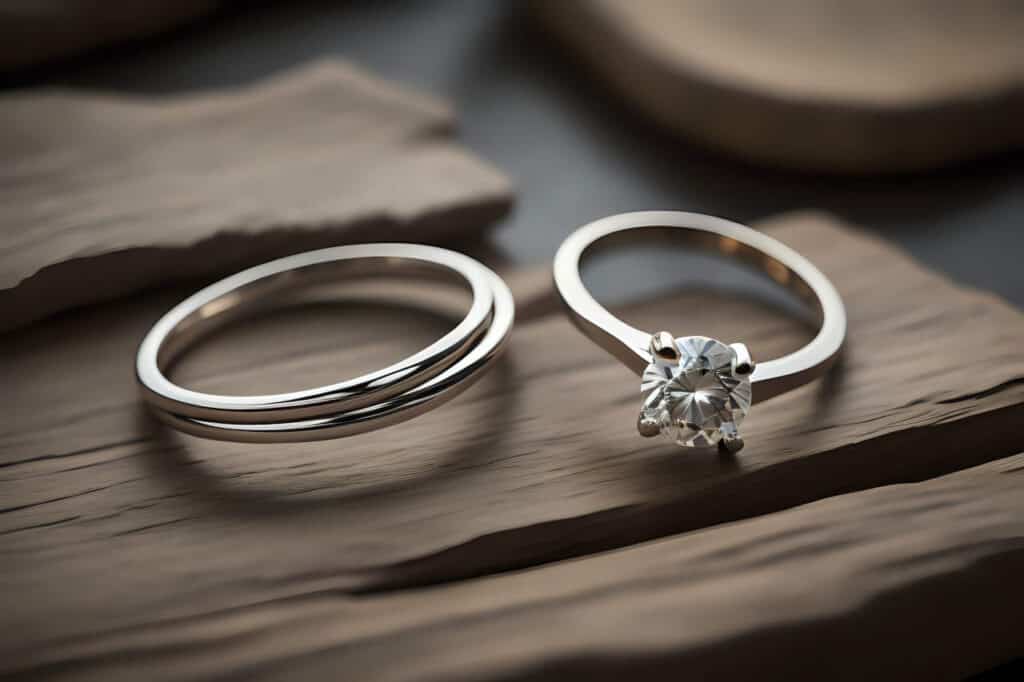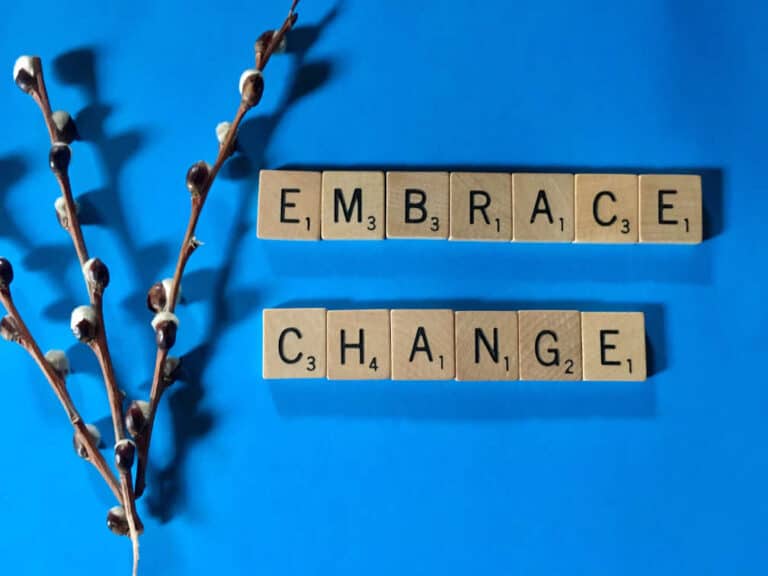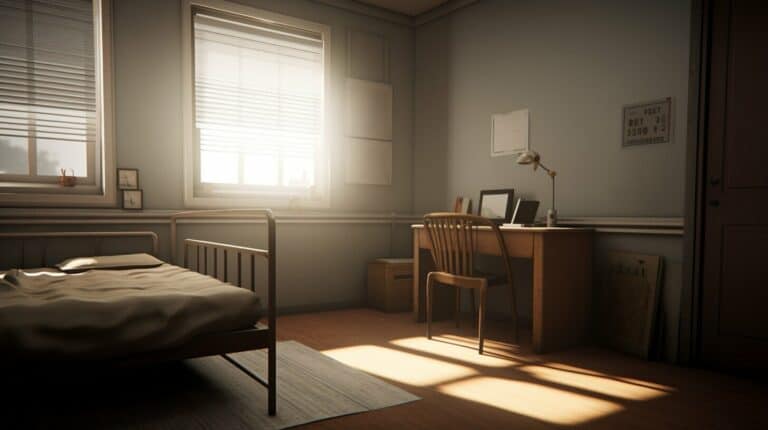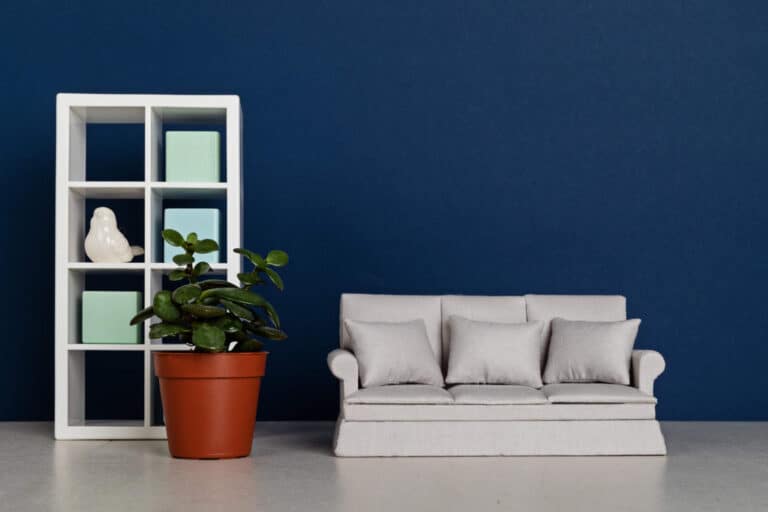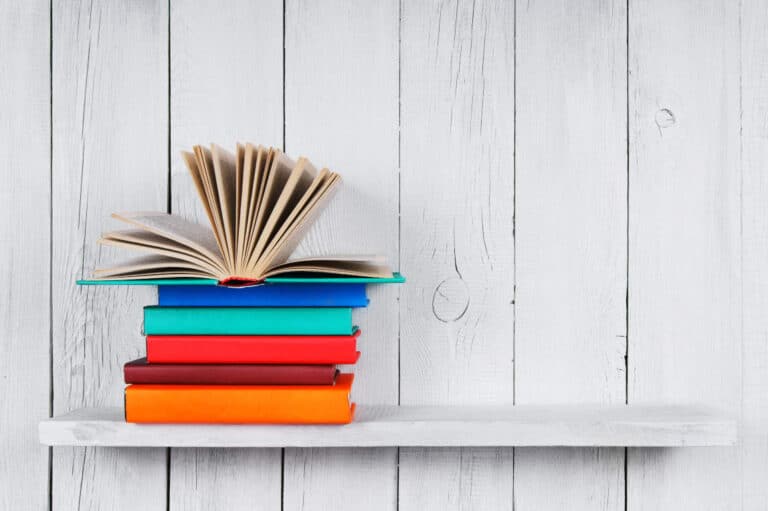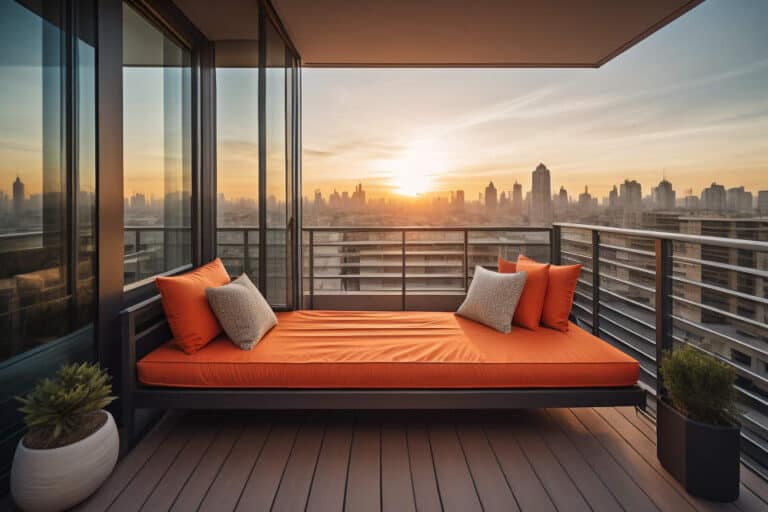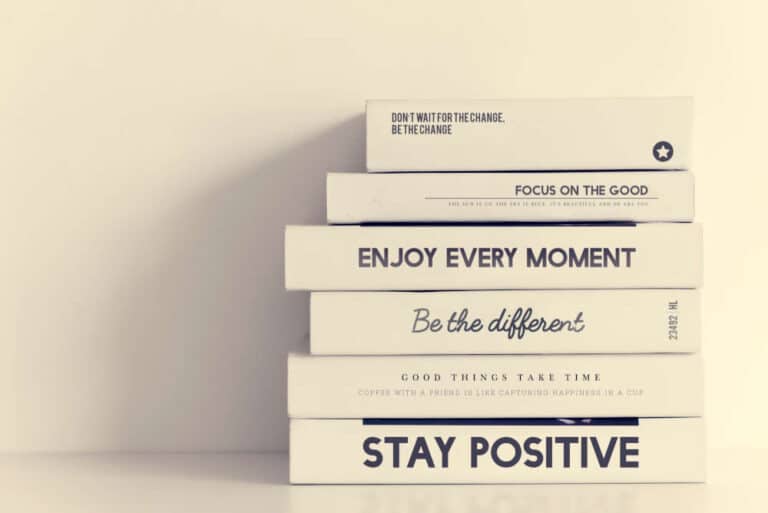Becoming A Minimalist – 10 profound Answers To The New You
Answering the Top 10 Questions – A positive new Start
How to Becoming A Minimalist in less time than you can imagine. These are the top questions being asked in 2023

1. What is minimalism and how can I become a minimalist?
Minimalism is a lifestyle that focuses on living with less and simplifying your life. It involves decluttering your physical space, reducing your possessions, and prioritizing what truly adds value to your life. Here are 10 steps to help you become a minimalist:
- Start with a clear vision: Define what minimalism means to you and why you want to embrace it.
- Declutter your space: Begin by getting rid of items you no longer need or love. Sort them into categories like donate, sell, or recycle.
- Adopt a minimalist mindset: Shift your thinking from “I need more” to “I have enough.” Focus on experiences and relationships rather than material possessions.
- Create a minimalist home: Organize your space in a way that promotes simplicity and functionality. Keep only the items that serve a purpose or bring you joy.
- Simplify your wardrobe: Build a capsule wardrobe with versatile pieces that you love and wear regularly. Donate or sell clothes that no longer fit your style or serve a purpose.
- Practice mindful consumption: Before making a purchase, ask yourself if the item is necessary and aligns with your values. Avoid impulse buying and focus on quality over quantity.
- Embrace digital minimalism: Reduce your digital clutter by decluttering your email inbox, unsubscribing from unnecessary newsletters, and limiting your time on social media.
- Streamline your schedule: Prioritize your commitments and learn to say no to activities that don’t align with your goals or values. Create space for rest and self-care.
- Focus on experiences: Invest your time and resources in experiences that bring you joy and fulfillment, such as travel, hobbies, or spending quality time with loved ones.
- Continuously evaluate and adjust: Minimalism is a journey, not a destination. Regularly assess your belongings, habits, and priorities to ensure they align with your minimalist values.
Remember, becoming a minimalist is a personal journey, and it’s important to define what minimalism means to you and tailor it to your own life and circumstances.
2. How can minimalism improve my life?
Minimalism can have a profound impact on various aspects of your life. Here are some ways in which minimalism can improve your life:
- Reduced stress: By decluttering your physical and mental space, you can experience a sense of calm and reduce the stress associated with excess belongings and commitments.
- Increased focus and productivity: With fewer distractions and a simplified environment, you can concentrate better on your goals and tasks, leading to increased productivity.
- Improved financial well-being: Minimalism encourages mindful consumption and avoiding unnecessary purchases. This can help you save money, pay off debt, and achieve financial freedom.
- Enhanced relationships: By prioritizing experiences and quality time with loved ones, minimalism can strengthen your relationships and create deeper connections.
- Greater clarity and purpose: Minimalism allows you to focus on what truly matters to you, helping you gain clarity about your values, goals, and purpose in life.
- Environmental benefits: By reducing your consumption and waste, minimalism contributes to a more sustainable lifestyle and helps protect the environment.
- Increased freedom and flexibility: With fewer possessions and commitments, you have more freedom to pursue your passions, travel, and adapt to changes in life.
- Improved well-being: Living in a clutter-free and organized space can positively impact your mental and emotional well-being, promoting a sense of peace and contentment.
- Enhanced creativity: Minimalism encourages you to focus on quality rather than quantity. This mindset can boost your creativity and inspire innovative thinking.
- Overall simplicity and balance: Minimalism promotes a simpler and more balanced life, where you have more time, energy, and resources to devote to the things that truly matter to you.
Embracing minimalism can bring about positive changes in various areas of your life, ultimately leading to a more fulfilling and intentional lifestyle. Becoming a Minimalist is way better than following the herd.
3. How do I let go of sentimental items when decluttering?
Letting go of sentimental items can be challenging, but it’s an essential part of the decluttering process. Here are some strategies to help you navigate this emotional task:
- Reflect on the true meaning: Consider the memories associated with the item and the emotions it evokes. Ask yourself if the item itself holds the memory or if it’s the memory that matters.
- Take photos: If you’re struggling to part with an item, take a photo of it to preserve the memory. This way, you can let go of the physical object while still holding onto the sentimental value.
- Set limits: Allocate a specific space or container for sentimental items. Once the space is full, you’ll need to make decisions about what to keep and what to let go of.
- Keep what truly matters: Choose a few meaningful items that truly represent the person or event. Focus on quality over quantity and select items that bring you the most joy or hold the most significant memories.
- Share with others: Consider passing down sentimental items to family members or friends who would appreciate and cherish them. This way, the item continues to have a purpose and brings joy to someone else.
- Donate or repurpose: If the sentimental item no longer serves a purpose in your life, consider donating it to someone who could benefit from it or repurposing it into something useful or decorative.
- Give yourself time: It’s okay to take your time when letting go of sentimental items. Start with easier decisions and gradually work your way towards more challenging ones. Be patient and kind to yourself throughout the process.
- Focus on the present: Remember that minimalism is about living in the present moment and creating space for new experiences and memories. Letting go of the past can open doors to new opportunities.
- Seek support: If you’re finding it particularly difficult to let go of sentimental items, consider seeking support from a trusted friend or family member who can provide guidance and encouragement.
- Embrace the memories: Ultimately, the memories associated with sentimental items reside within you, not the physical objects. Embrace the memories and let go of the attachment to the items themselves.
Remember, the goal is not to discard all sentimental items but to curate a collection that truly brings you joy and enhances your life. Becoming a Minimalist is about balance in your life.
4. How can I maintain a minimalist lifestyle in the long term?
Maintaining a minimalist lifestyle requires ongoing effort and commitment. Here are some tips to help you stay on track:
- Regular decluttering: Set aside time periodically to declutter your space and reassess your belongings. This prevents clutter from accumulating and helps you maintain a minimalist environment.
- Practice mindful consumption: Continuously evaluate your purchases and ask yourself if the item aligns with your values and adds value to your life. Avoid impulse buying and focus on intentional purchases.
- One in, one out rule: For every new item you bring into your home, commit to removing one item. This helps maintain a balance and prevents unnecessary accumulation.
- Avoid excessive storage: Limit the amount of storage space you have. When you run out of storage, it’s a sign that you need to declutter and reassess your possessions.
- Create routines: Establish daily or weekly routines to keep your space organized and clutter-free. Dedicate a few minutes each day to tidying up and putting things back in their designated places.
- Practice gratitude: Cultivate a mindset of gratitude for the items you have and the experiences you enjoy. This helps prevent the desire for excessive accumulation and fosters contentment.
- Surround yourself with like-minded individuals: Connect with others who embrace minimalism or have similar values. Their support and encouragement can help you stay motivated and inspired.
- Focus on experiences over possessions: Continuously prioritize experiences and relationships over material possessions. Invest your time and resources in activities that bring you joy and fulfillment.
- Regularly assess your goals and values: Take time to reflect on your goals and values to ensure they align with your minimalist lifestyle. Adjust your priorities and habits accordingly.
- Be kind to yourself: Minimalism is a journey, and it’s normal to have setbacks or moments of temptation. Be kind to yourself and remember that progress is more important than perfection.
By incorporating these practices into your daily life, you can maintain a minimalist lifestyle and continue to experience the benefits it brings. Becoming a Minimalist will create new and empowering habits.
Read on for more – Becoming a Minimalist
5. How can minimalism benefit my mental health?
Minimalism can have a positive impact on your mental health in several ways:
- Reduced stress and anxiety: Clutter and excess possessions can contribute to feelings of overwhelm and anxiety. By decluttering and simplifying your environment, you create a calmer and more peaceful space that promotes relaxation and reduces stress.
- Increased focus and clarity: A minimalist lifestyle helps eliminate distractions and allows you to focus on what truly matters. With fewer physical and mental clutter, you can think more clearly and make decisions with greater ease.
- Improved productivity: When your physical space is organized and free from clutter, it becomes easier to stay focused and productive. Minimalism encourages you to prioritize your tasks and eliminate unnecessary distractions.
- Enhanced creativity: A clutter-free environment can stimulate creativity and inspire innovative thinking. With fewer distractions, your mind is free to explore new ideas and solutions.
- Greater mindfulness: Minimalism encourages you to be more intentional and mindful about your choices and actions. By focusing on the present moment and being aware of your surroundings, you can cultivate a sense of mindfulness and enhance your overall well-being.
- Improved sleep quality: A minimalist bedroom, free from clutter and distractions, can promote better sleep. A peaceful and organized space can help you relax and unwind, leading to improved sleep quality.
- Increased self-care: Minimalism encourages you to prioritize self-care and well-being. By simplifying your life and reducing unnecessary commitments, you create more time and space to take care of yourself physically, mentally, and emotionally.
- Enhanced decision-making: With fewer choices and distractions, minimalism can simplify decision-making processes. You can focus on what truly matters to you and make decisions that align with your values and goals.
- Reduced comparison and envy: Minimalism promotes contentment and gratitude for what you have, reducing the tendency to compare yourself to others or feel envious of their possessions. This can lead to greater satisfaction and happiness.
- Overall well-being: By decluttering your physical and mental space, simplifying your life, and focusing on what brings you joy and fulfillment, minimalism can contribute to improved overall well-being and a greater sense of inner peace.
It’s important to note that minimalism is not a cure-all for mental health issues, and it may not be suitable for everyone. If you’re struggling with mental health concerns, it’s essential to seek professional help and support. We are looking for peace of mind when Becoming a Minimalist.
6. Can minimalism help me save money?
Yes, minimalism can help you save money in several ways:
- Reduced impulse buying: Minimalism encourages you to be more intentional with your purchases. By adopting a mindful approach to consumption, you can avoid impulse buying and only purchase items that truly add value to your life.
- Elimination of unnecessary expenses: As you declutter and simplify your life, you may realize that you no longer need certain items or services. By cutting out these unnecessary expenses, you can save money in the long run.
- Focus on quality over quantity: Minimalism promotes the idea of investing in high-quality items that are built to last. While these items may have a higher upfront cost, they often save you money in the long term by reducing the need for frequent replacements.
- Reduced storage and maintenance costs: With fewer possessions, you’ll require less storage space and spend less on maintaining and organizing your belongings. This can lead to significant cost savings over time.
- Embracing a frugal mindset: Minimalism encourages a shift in mindset towards frugality and conscious spending. By being more mindful of your financial choices, you can make informed decisions and prioritize saving.
- Increased financial freedom: By reducing your expenses and avoiding unnecessary purchases, you can free up money to save, invest, or pursue experiences that bring you joy and fulfillment. This can lead to greater financial freedom and security.
While minimalism can help you save money, it’s important to note that it’s not solely about financial gains. The focus is on intentional living and aligning your spending with your values and priorities. Becoming a Minimalist helps you focus on your finances in a more mindful way instead of spending through habit.
7. How can minimalism benefit the environment?
Minimalism can have a positive impact on the environment in several ways:
- Reduced consumption: By adopting a minimalist lifestyle, you naturally reduce your consumption of goods and resources. This helps minimize the demand for new products and reduces the strain on the environment.
- Less waste: With fewer possessions, you generate less waste. Minimalism encourages you to be mindful of what you bring into your life and to prioritize quality over quantity, resulting in less disposable and single-use items.
- Lower carbon footprint: By consuming less and making conscious choices, you can reduce your carbon footprint. This includes choosing sustainable and eco-friendly products, reducing energy consumption, and minimizing transportation-related emissions.
- Support for sustainable practices: Minimalism often goes hand in hand with supporting sustainable and ethical practices. By being mindful of the companies and brands you support, you can contribute to a more sustainable and responsible economy.
- Encouragement of recycling and repurposing: Minimalism promotes the idea of repurposing and recycling items instead of discarding them. This reduces the amount of waste sent to landfills and supports a circular economy.
- Advocacy for conscious consumerism: Minimalism encourages a shift away from mindless consumerism towards conscious consumerism. By being more aware of the environmental impact of your choices, you can make informed decisions and support sustainable alternatives.
- Inspiration for others: By embracing minimalism and leading by example, you can inspire others to adopt more sustainable and eco-friendly practices. Your actions can have a ripple effect and contribute to positive change.
While minimalism alone may not solve all environmental challenges, it can be a step towards a more sustainable and responsible lifestyle. Becoming a Minimalist will see you doing your bit for the future of humanity.
8. How can minimalism benefit my relationships?
Minimalism can have a positive impact on your relationships in several ways:
- Increased quality time: By simplifying your life and reducing commitments, you create more time and space for meaningful interactions with loved ones. This allows you to prioritize quality time and strengthen your relationships.
- Improved communication: With fewer distractions and a clearer focus, minimalism can enhance communication within your relationships. You can be more present and attentive, fostering deeper connections and understanding.
- Shared experiences: Minimalism encourages you to prioritize experiences over material possessions. By engaging in shared experiences with loved ones, you create lasting memories and strengthen your bonds.
- Enhanced empathy and understanding: Minimalism promotes a mindset of gratitude and contentment. This can lead to increased empathy and understanding within your relationships, as you focus on appreciating and valuing each other.
- Reduced conflict: By simplifying your life and reducing clutter, you create a more harmonious environment that can help reduce stress and conflict within your relationships.
- Support for personal growth: Minimalism encourages self-reflection and self-improvement. By focusing on personal growth, you can become a better partner, friend, or family member, contributing to healthier and more fulfilling relationships.
- Shared values and goals: Embracing minimalism often involves aligning your values and goals with your actions. This can lead to stronger connections with like-minded individuals and foster a sense of community.
- Appreciation for the present moment: Minimalism encourages you to be present and appreciate the current moment. This can enhance your relationships by allowing you to fully engage and connect with your loved ones.
- Support for individuality: Minimalism promotes the idea of letting go of societal expectations and embracing your true self. This can create a supportive environment within your relationships, where individuality is celebrated and respected.
- Overall fulfillment and happiness: By focusing on what truly matters and prioritizing relationships, minimalism can contribute to greater fulfillment and happiness within your personal connections.
Remember, minimalism is not about isolating yourself or cutting off relationships. It’s about fostering meaningful connections and nurturing the relationships that bring you joy and fulfillment. Becoming a Minimalist can be a shared experience
9. Can Becoming a Minimalist be applied to digital clutter?
Absolutely! Minimalism can be applied to digital clutter, and it’s known as digital minimalism. Here are some strategies to help you declutter and simplify your digital life:
- Organize your digital files: Sort through your files and folders, deleting or archiving anything you no longer need. Create a logical and streamlined system for organizing your digital documents.
- Declutter your email inbox: Unsubscribe from newsletters and mailing lists that no longer interest you. Create filters and folders to automatically sort incoming emails and keep your inbox organized.
- Streamline your digital devices: Delete unused apps, photos, and files from your devices. Organize your apps into folders and remove any that you rarely use.
- Limit social media usage: Evaluate your social media accounts and consider which platforms truly add value to your life. Unfollow accounts that don’t align with your interests or values, and set boundaries for your social media usage.
- Practice digital detoxes: Take regular breaks from screens and technology. Designate specific times or days when you disconnect from digital devices and engage in offline activities.
- Manage your digital subscriptions: Review your digital subscriptions and cancel any that you no longer use or find value in. This can help reduce digital clutter and save you money.
- Set boundaries for notifications: Disable unnecessary notifications on your devices to minimize distractions and interruptions. Only allow notifications for essential apps or contacts.
- Back up and organize your digital photos: Sort through your digital photo collection, deleting duplicates and blurry images. Create folders or albums to organize your photos and make them easier to navigate.
- Practice mindful browsing: Be intentional with your online activities and avoid mindless scrolling. Set specific goals or time limits for your online sessions to prevent wasting time and getting overwhelmed.
- Securely dispose of old digital devices: When it’s time to replace your digital devices, ensure you dispose of them securely. Wipe all personal data and consider recycling or donating them to minimize electronic waste.
- Use digital tools for organization: Explore digital tools and apps that can help you stay organized and minimize clutter. This includes note-taking apps, task managers, and digital calendars.
By applying these strategies, you can declutter your digital life, reduce distractions, and create a more intentional and focused online experience. Becoming a Minimalist will free your mind of the mental clutter associated with your online life.
10. Can Becoming a Minimalist be applied to work and productivity?
Yes, minimalism can be applied to work and productivity, helping you streamline your tasks and focus on what truly matters. Here are some ways to incorporate minimalism into your work life:
- Declutter your workspace: Keep your physical workspace clean and organized. Remove unnecessary items and only keep the essentials within reach. A clutter-free environment can enhance focus and productivity.
- Eliminate distractions: Identify and minimize distractions in your work environment. This may include turning off notifications, closing unnecessary tabs on your computer, or using noise-cancelling headphones.
- Prioritize tasks: Focus on the most important tasks and eliminate non-essential or low-priority ones. Use productivity techniques like the Eisenhower Matrix or Pomodoro Technique to prioritize and manage your time effectively.
- Streamline your digital workflow: Organize your digital files and folders in a logical manner. Use productivity tools and apps to streamline your workflow, automate repetitive tasks, and collaborate efficiently.
- Practice single-tasking: Instead of multitasking, focus on one task at a time. This allows you to give your full attention and produce higher-quality work.
- Set boundaries and establish routines: Define clear boundaries between work and personal life. Establish routines and rituals that help you transition into and out of work mode, promoting work-life balance.
- Delegate and outsource: Identify tasks that can be delegated or outsourced to others. This frees up your time and energy to focus on your core responsibilities and areas of expertise.
- Embrace minimalism in communication: Simplify your communication channels and processes. Use concise and clear language in emails and meetings, and avoid unnecessary back-and-forth.
- Regularly evaluate and optimize: Continuously assess your work processes and routines to identify areas for improvement. Look for ways to simplify and streamline your tasks to increase efficiency.
- Practice self-care and rest: Prioritize self-care and rest to avoid burnout and maintain productivity. Take breaks, practice mindfulness, and ensure you have time for relaxation and rejuvenation.
By incorporating minimalism into your work life, you can reduce overwhelm, increase focus, and achieve greater productivity and satisfaction in your professional endeavors.
Conclusion to Becoming a Minimalist
Becoming a minimalist is a personal journey that can bring numerous benefits to your life. By simplifying your physical and mental space, embracing intentional living, and focusing on what truly matters, you can experience reduced stress, increased clarity, improved relationships, and a greater sense of fulfillment.
Whether you’re decluttering your physical possessions, simplifying your digital life, or applying minimalism to your work and productivity, the principles of minimalism can guide you towards a more intentional and purposeful lifestyle.
Remember, minimalism is not about deprivation or rigid rules, but rather about creating space for what brings you joy and aligning your life with your values and priorities.

